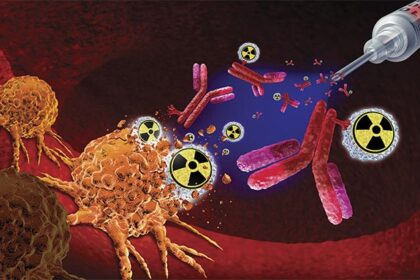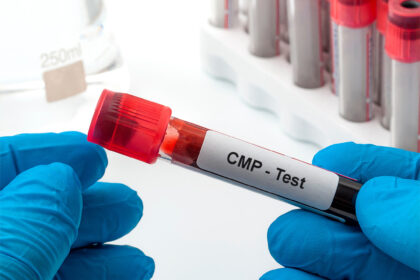In the US, even though the demands for kidney donors are seen to escalate, a new report showed that most hospital banks throw almost 3,500 donated kidneys on a yearly basis due to their nonusage. The report published in JAMA Internal Medicine has clearly mentioned that 17% of the donated kidneys are thrown away in the US during a 10-year time span. Similarly, in France almost 9% of the donated kidneys were found to be discarded due to their nonuse. The US backs its kidney discarding concept by saying that the basic reason for doing so is to lower the risk of using low-quality kidneys as the quality is affected with passing time. The kidneys with abnormalities and the older ones are the ones that are mainly thrown.
The doctors in France have agreed to use kidneys of diabetes or hypertension patients. The use of affected kidneys is avoided by the US doctors to help lower the extended stay in hospitals after the transplants or shun rejection. According to the National Kidney Foundation, there is a specific guideline available in the US, but still most of the regions in the country discard kidneys whether viable or nonviable. The report shows that 50% of the discarded kidneys could have been transplanted. The United Network for Organ Sharing (UNOS) is a transplant governing body in the US that tried to lower the discarding rate by making a kidney donor profile index in 2012. The standards of the network were lowered in 2014 to help retain more kidneys.
As there are 37 Million or more of the Americans suffering from chronic kidney disease and around 5,000 of these patients dying annually, there is a need to address the problem as soon as possible. To date, the number of kidneys wasted is only escalating that is by 30% in every region. The US transplant programs must consider renewing their risk-averse policies. Likewise, chronic kidney disease (CKD) is known to cause impaired growth and low metabolic activity that makes the diagnosis and management of renal disease difficult in the long run. The researchers from John Hopkins Medicines in the US have developed a protocol for administration of pH sensitive MRI agent to help conduct early diagnosis and monitoring of the disease.





